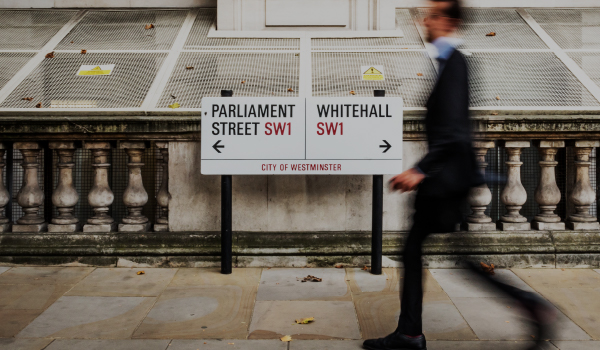In June 2021, the UK Government passed ‘right to repair’ regulations or, to be precise, the Eco-design for Energy-Related Products and Energy Information Regulations 2021, to little fanfare. This quiet reception belies their importance. The regulations are designed to extend the life of common white and electrical goods such as washing machines, dishwashers, and fridges by ensuring that the information and resources required to repair them are more readily available to professional repairers. Manufacturers have a grace period of up to 2 years to make spare parts available.[1]
These regulations are welcome. First, in an economy with high and climbing inflation characterised by rising bills, repairing products offers households a much-needed way to save money by avoiding expensive replacements. Second, the right to repair represents a critical step in a move towards a circular economy which is not just about increasing recycling, but about extending the efficiency and life cycle of products and reducing unnecessary consumption. Third, it is crucial to meeting the UK’s commitments on net-zero and reducing the carbon emissions of waste associated with consumption. The Climate Change Committee estimates that 6% of the UK’s carbon emissions came from waste in 2018.[2]
But just as significant is the broader shift to a changing relationship between government, consumers, and industry in the way that waste and resources are managed. The passive consumer is a thing of the past. As the social movement coalescing around the right to repair will attest, consumers are no longer just purchasers, buying with little regard to the ecological and carbon impacts of products, or just taxpayers passing on their waste to government to dispose and process on their behalf. Consumers are now an active part of the product life cycle, demanding a greater role in how their products are used, disposed of, and repaired.
The government is recognising this and adapting its role in response. It is rightly demanding more of industry and requiring they go further to meet the challenges of net-zero and wider environmental decline while giving consumers a greater role. Defra’s ‘Extended Producer Responsibility’ scheme signalled in the Environment Act 2021 increases the amount that producers of packaging will pay towards its recovery and recycling costs.[3] The Deposit Return Scheme announced in the same legislation will pay consumers for recycling drinks containers[4]. Both schemes will be administered by the packaging industry itself, although disappointingly Defra has recently delayed their launch.
To make this relationship work, industry and government will need to adapt quickly. Defra has rightly recognised that these changes must be underpinned by clearer product labelling setting out the resource efficiency of products. This will better inform consumers while facilitating easier processing and measurement of the impact of products and packaging by industry. Government must be clear on the new obligations for industry including what, when and how it is expected to deliver and the funding models to underpin them. Industry must remain open-minded to identify and seize new opportunities – establishing new markets and operating models in the repair of their products and the provision of spare-parts is an obvious place to start. Consumers must be given a meaningful way to participate, for example by extending the right to repair to other products by making manuals and parts available to households and individuals as well as professional repairers.
In any relationship, communication is key: changes must be supported by new ways of operating such as greater codesign and collaboration and between industry and government. Industry bodies have an important role to play here in bringing sectors together, articulating a common position and focussing them on delivery. Solid foundations must also be built around robust systems of governance, regulation, and administration, and it is welcome that Defra and the devolved governments are inviting the supply chain to step up in this regard. Gemserv has a long history of working with government and industry and is committed to help make this relationship a success.


